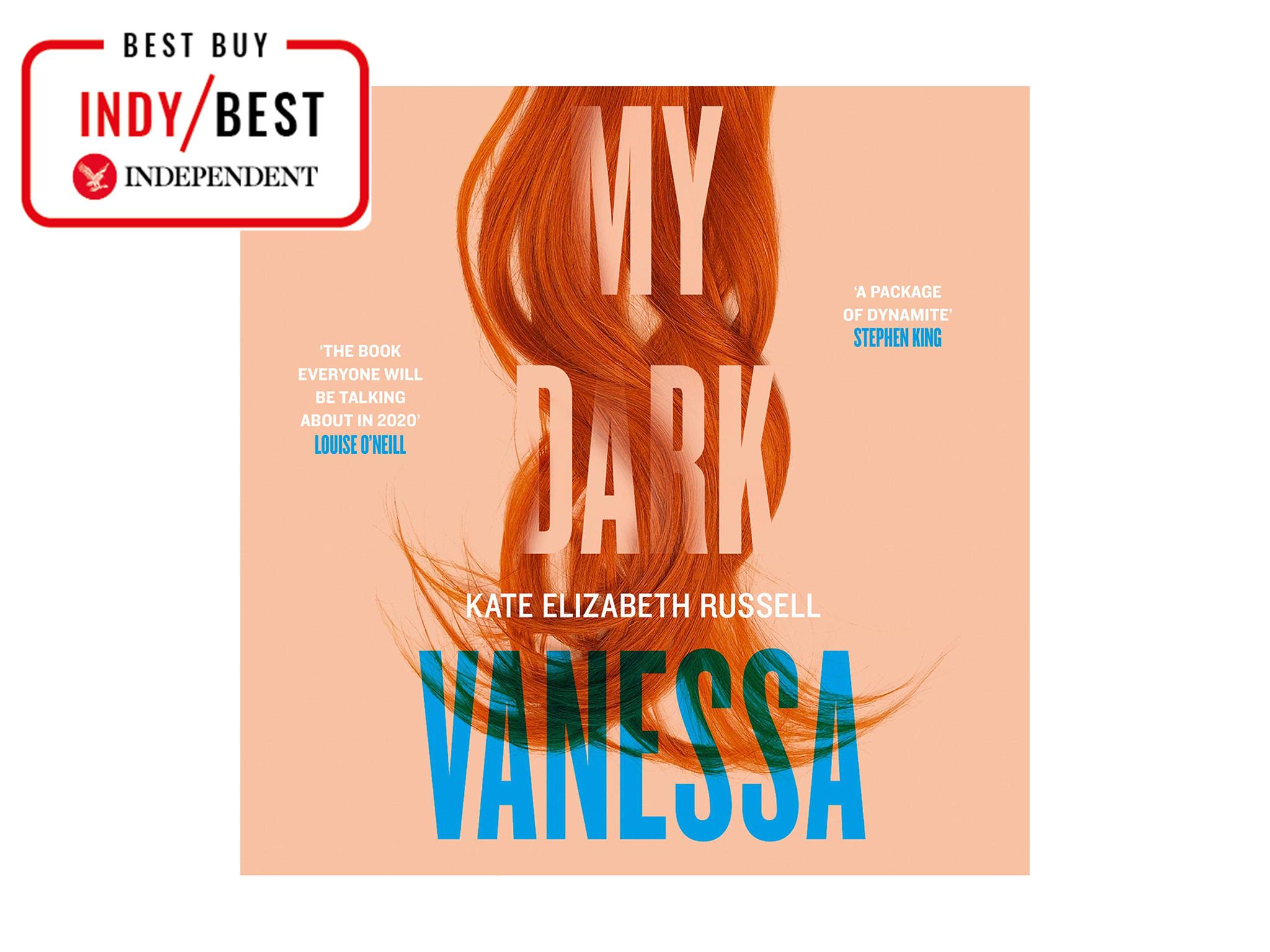
The Independent's journalism is supported by our readers. When you purchase through links on our site, we may earn commission. Why trust us?
13 best audiobooks that provide the perfect lockdown escapism
Immerse yourself in these great reads narrated by well-known voices
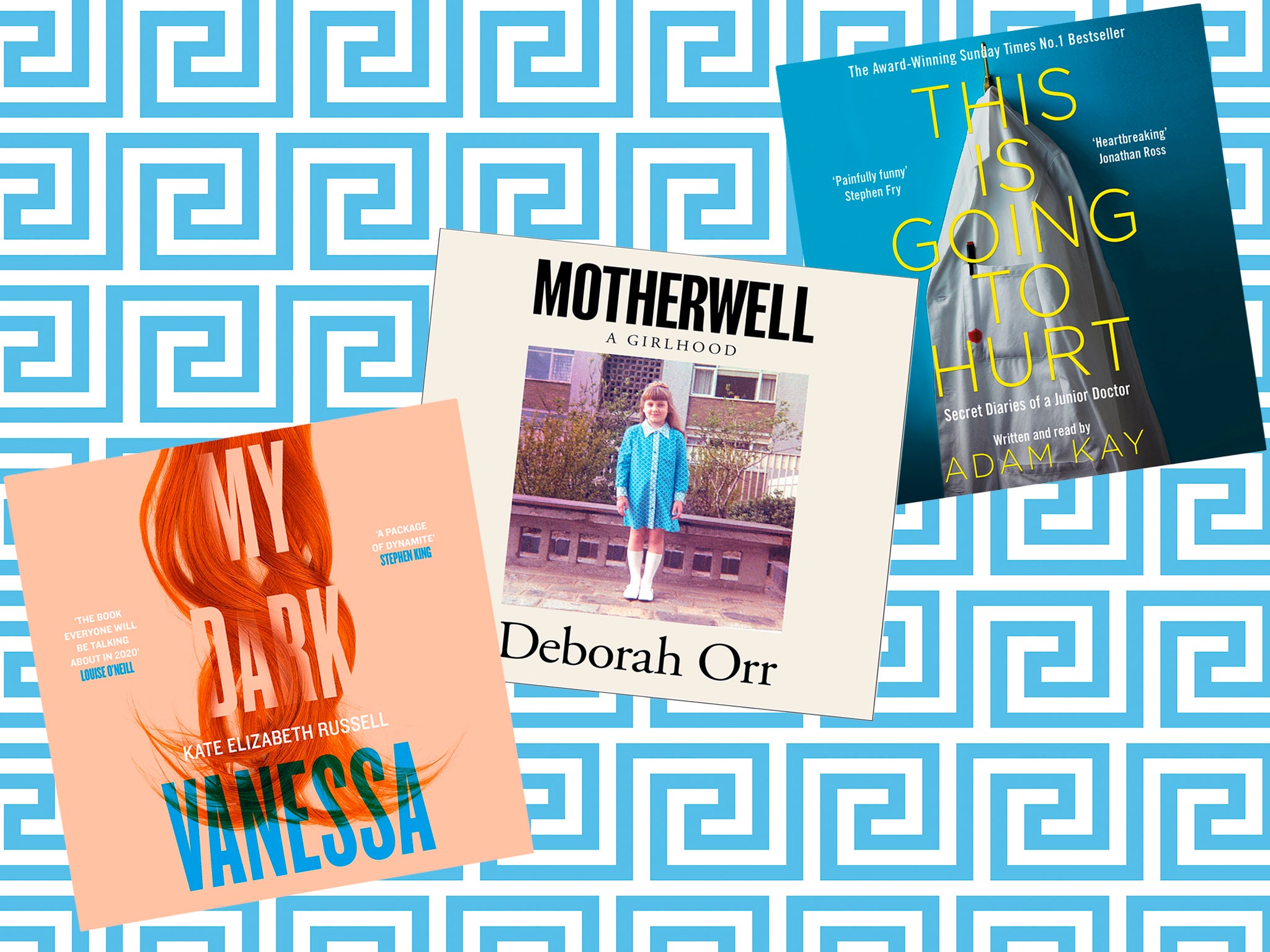
- 1
 2
2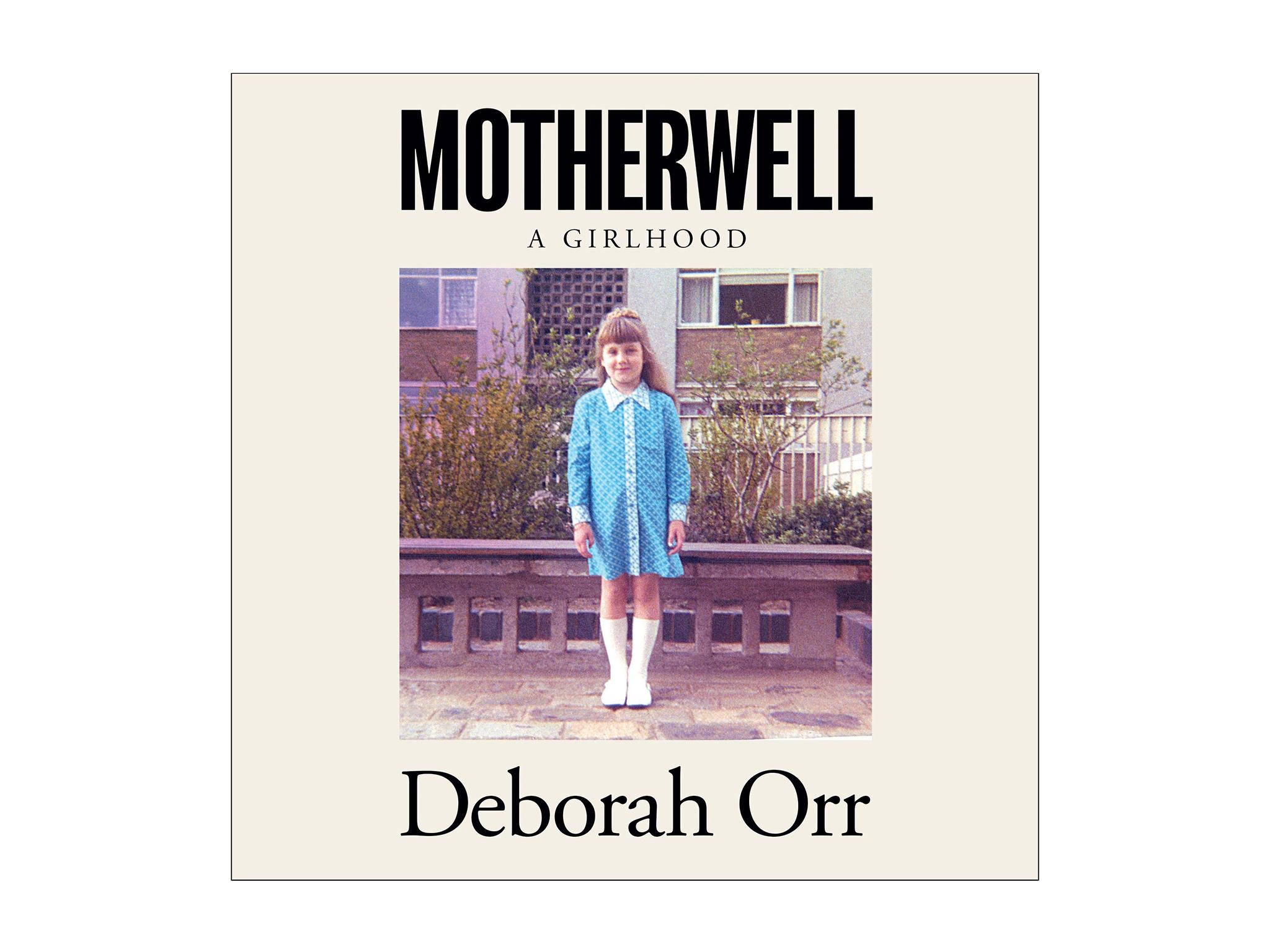
- 3
 4
4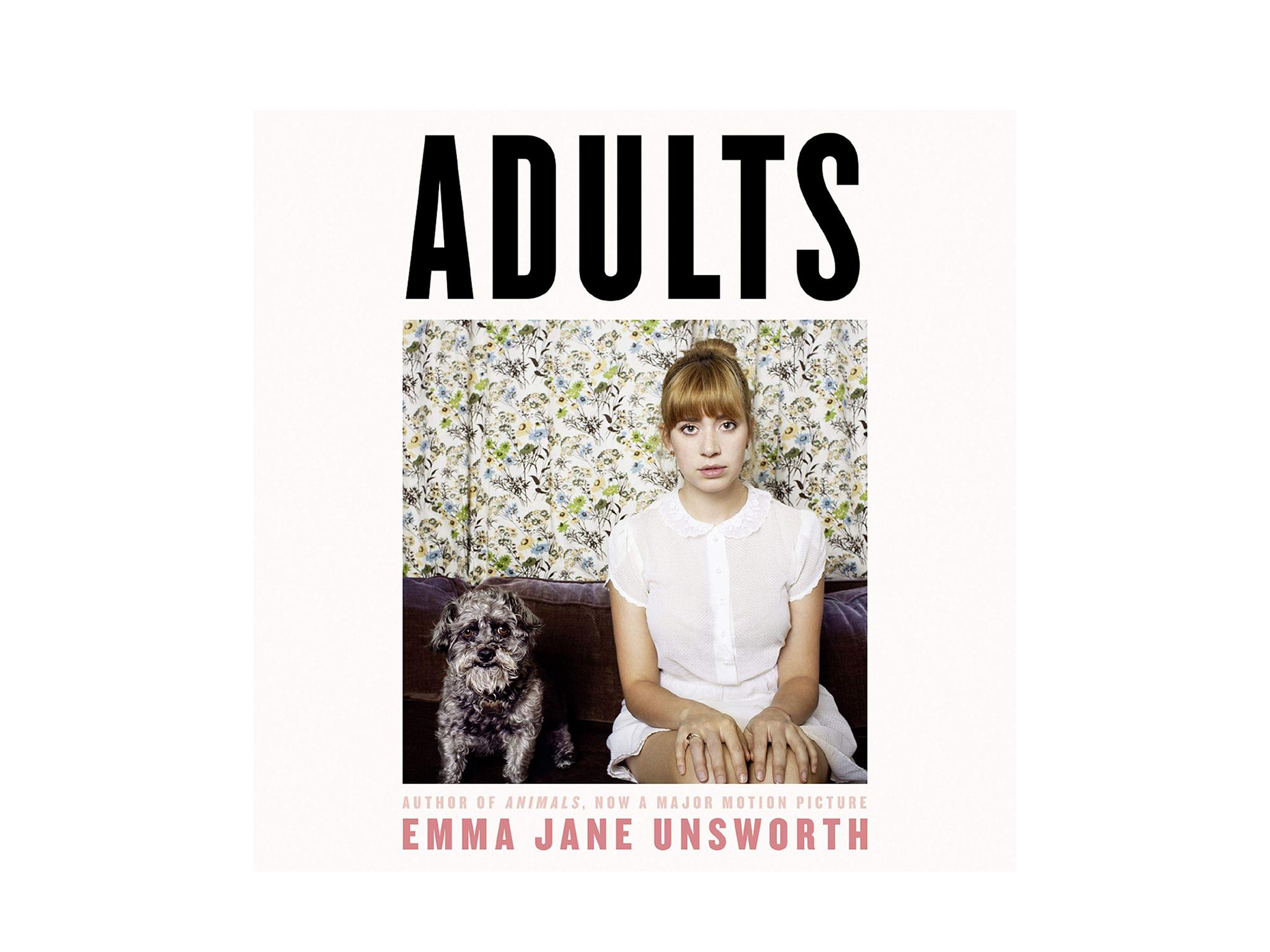
- 5
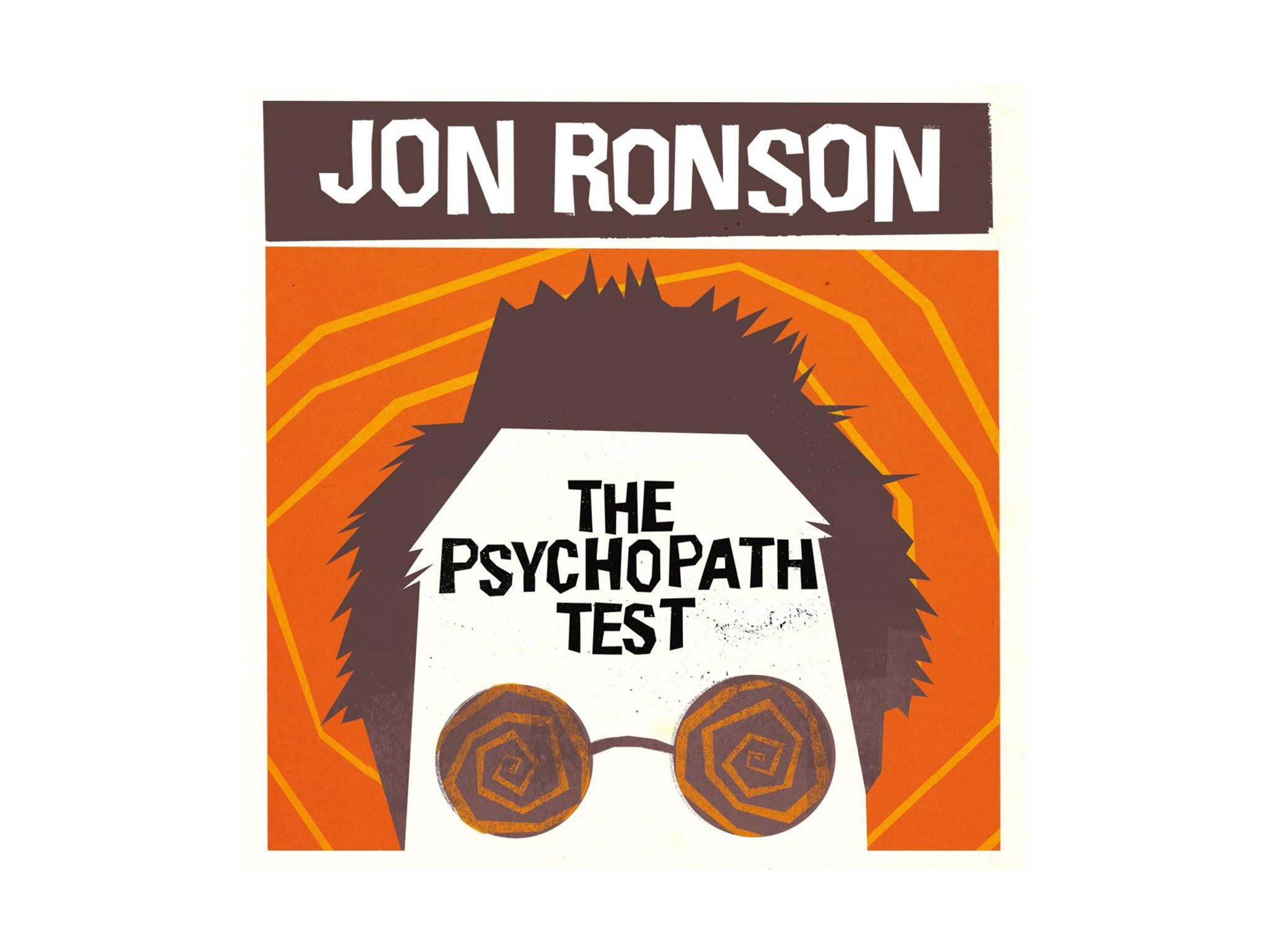 6
6 ‘Tess of the d’Urbervilles’ by Thomas Hardy, published by Random House Publishing GroupRead review£18
‘Tess of the d’Urbervilles’ by Thomas Hardy, published by Random House Publishing GroupRead review£18 - 7
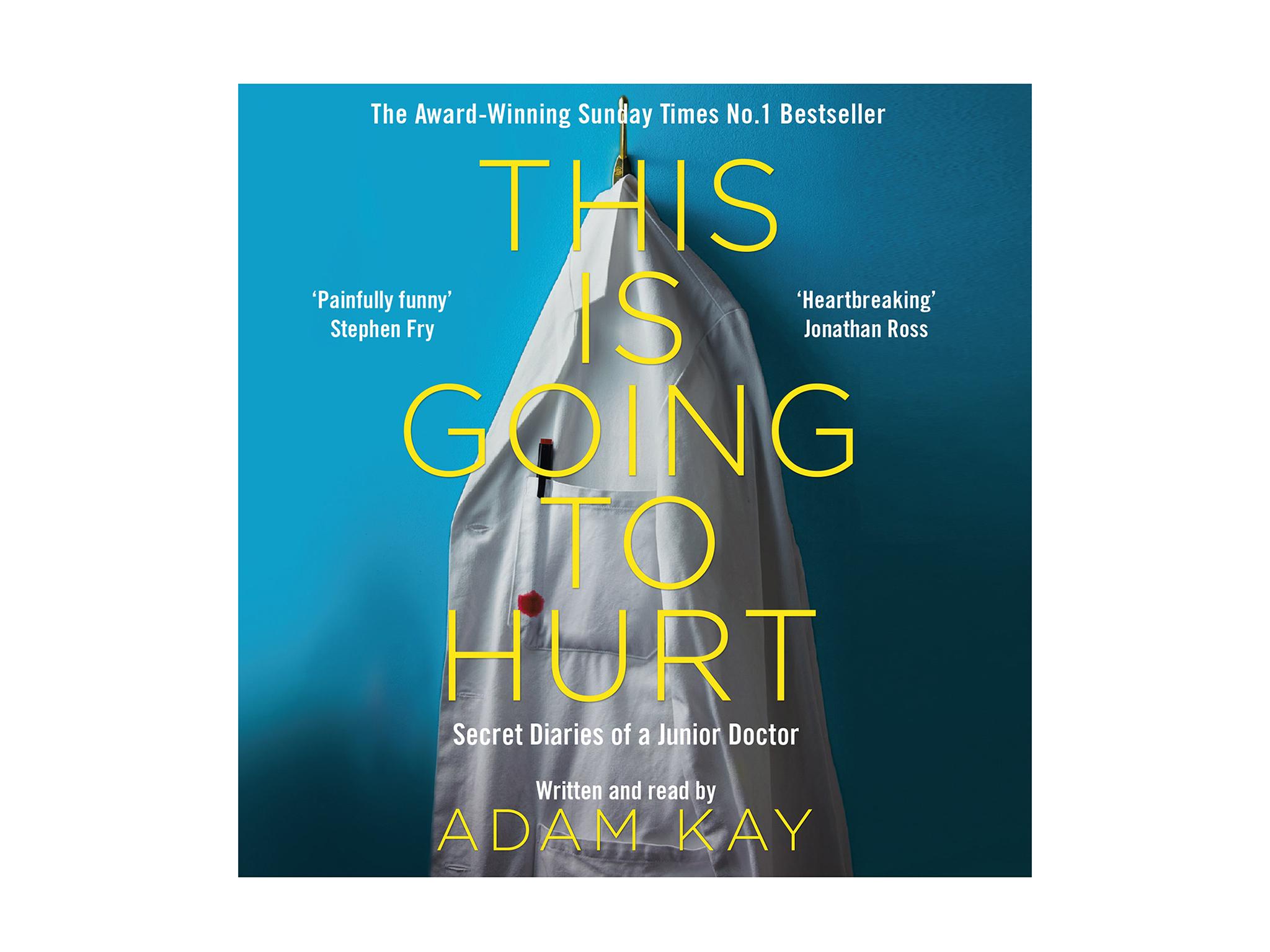 8
8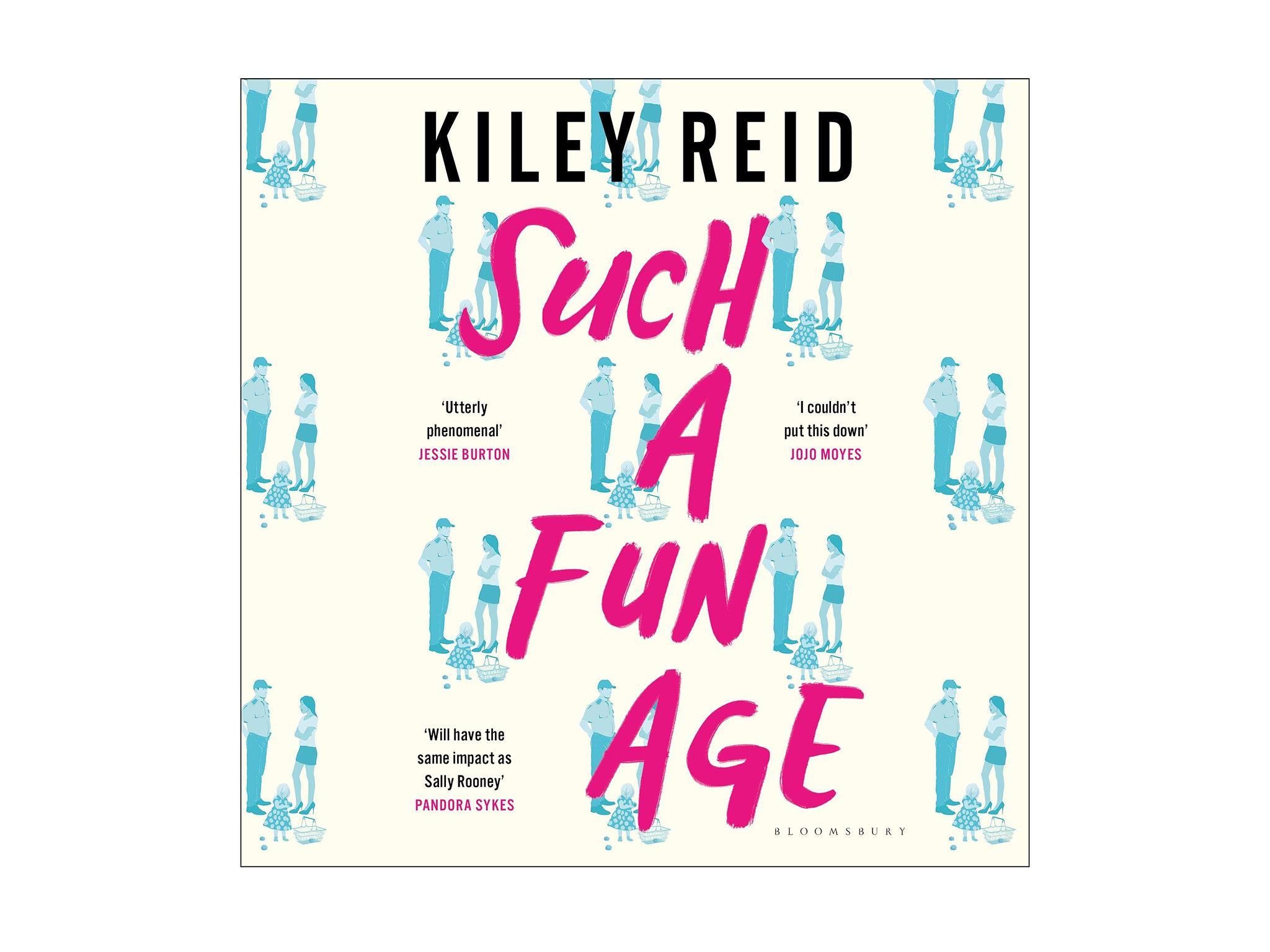
- 9
 10
10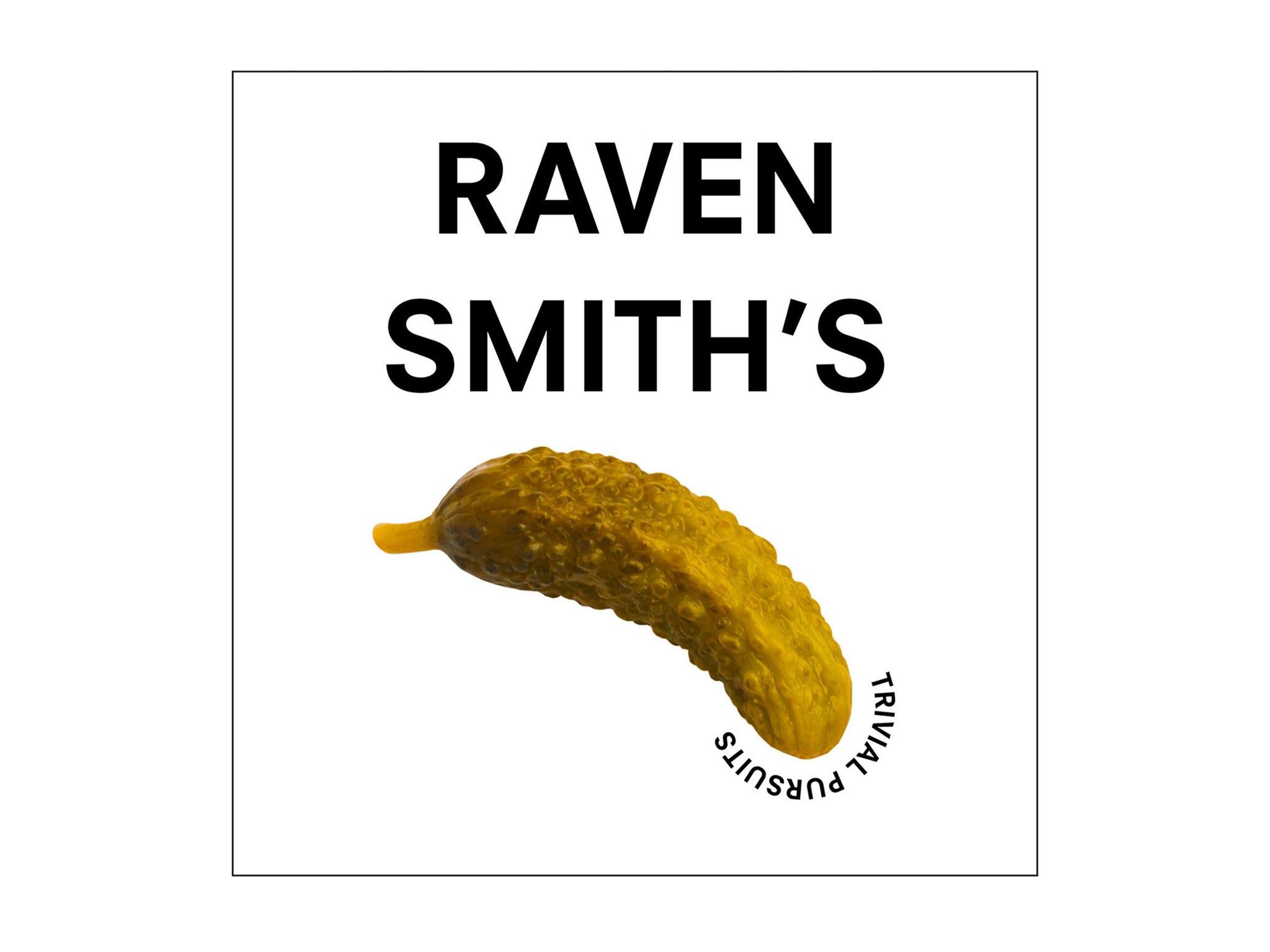
- 11
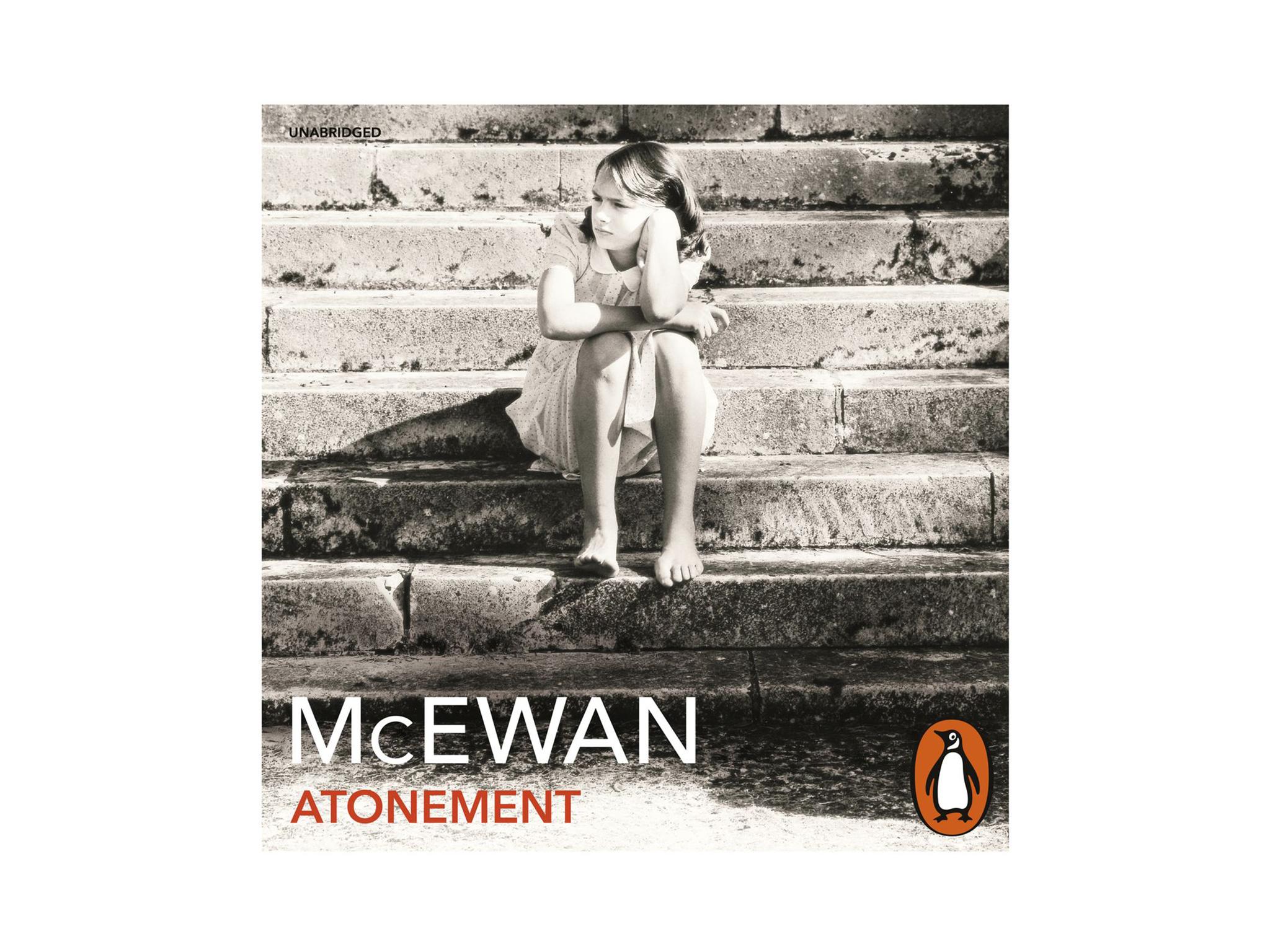 12
12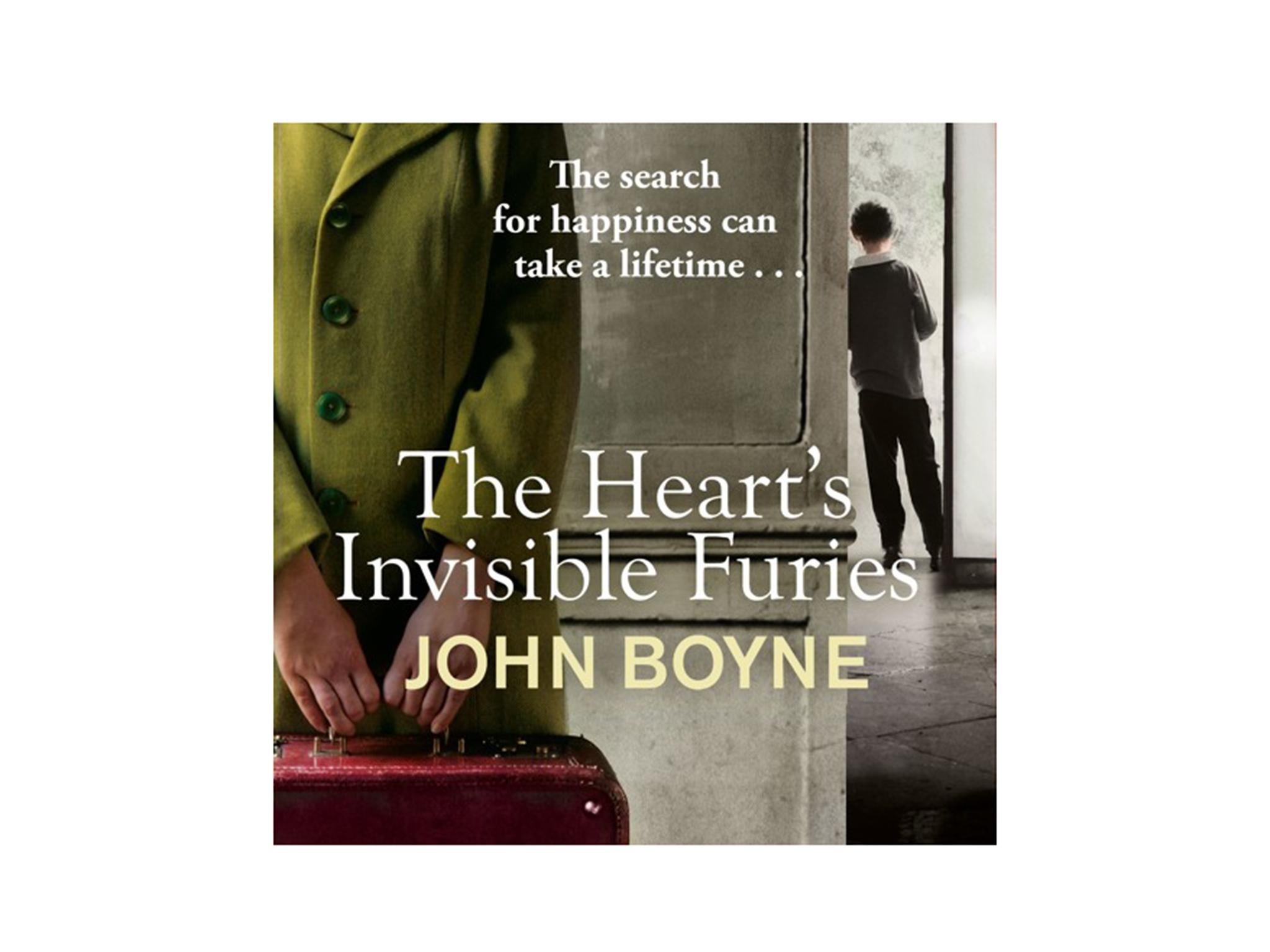
- 13
 ‘Why We Sleep: The New Science of Sleep and Dreams’ by Matthew Walker, published by Penguin Books LtdRead review£10
‘Why We Sleep: The New Science of Sleep and Dreams’ by Matthew Walker, published by Penguin Books LtdRead review£10
For many of us, our favourite childhood memories involve being read to before bed. That special moment of listening to a story unfold, told by a voice which belongs to a person we loved and felt safe with.
There were also audio stories on cassette tapes for long car journeys – worlds opening up for us as alternatives to the traffic jams or endless stretches of motorway.
Being read to is surely one of life’s great pleasures. It is no surprise that audiobooks are big business these days – the only shock is that it’s taken so long for them to have this colossal revival.
During these extraordinary days and weeks, we need simple joys and easy wins – whether we’re alone and missing company or penned into a crowded house and in need of privacy and escapism.
Purists might say that choosing audio over paper is lazy, but we say that listening to information is still absorbing it and can feel like a luxury for multitaskers who perhaps don’t have the time to curl up with a novel.
With so many audiobook titles available – many with A-list actors performing the narration – it’s a tall order to pick a handful as best, but our selection includes brilliant debuts, literary classics, memoirs and award-winning novels.
All of the titles in our round-up offer something completely unique to the listener, but they are all so good that it would be hard for anyone not to derive some enjoyment from each of them.
A big part of a successful audio book is of course the physical voice of the narrator – their energy and their pitch. All of the books chosen in this roundup are beautifully performed.
You can trust our independent reviews. We may earn commission from some of the retailers, but we never allow this to influence selections, which are formed from real-world testing and expert advice. This revenue helps us to fund journalism across The Independent.
1‘My Dark Vanessa’ by Kate Elizabeth Russell, published by Harper Collins

This is the tale of a 15-year-old girl who is groomed by her 42-year-old teacher while at a boarding school in Maine, narrated by Grace Gummer who does a brilliant job of making subtle differences in the voices of a teenage Vanessa and a 32-year-old Vanessa.
The narrator, the eponymous Vanessa, doesn’t see herself as a victim and maintains contact with her abuser who she refers to as her boyfriend and who, she claims, treated her as if she was a “precious” and “delicate” thing. It’s easy to see how this has been billed as one of the most controversial books of 2020.
The book is divided between two time periods: when Vanessa is at school and the present-day – 2017 – when the world is waking up each morning to news stories about powerful men who have used their position to abuse women. Vanessa’s present-day rejection of a victim status and her belief that she is dark and deviant shows how ingrained the grooming she endured as a child is.
Throughout, Vanessa’s obsession with Vladimir Nabokov’s Lolita is returned to again and again. She sees herself as Lo and her teacher, Strane, as Humbert and feels sorry for him for making the mistake of having fallen hopelessly in love with her.
Vanessa’s reframing of what happened to her – from a romantic love story to rape – happens painfully slowly, but she does get there. It is when she is with her therapist that she finally says: “It has to be a love story, otherwise what is it?”
The confusion and uncertainty that Russell allows to flourish in Vanessa is what makes this such a compelling story – and one deserving of the widest possible audience.
2‘Motherwell: A Girlhood’ by Deborah Orr, published by Weidenfeld and Nicolson

The memoir of late journalist Deborah Orr, brilliantly read by Gabriel Quigley, begins and to some extent ends in the Scottish steel town, Motherwell, where she was born and raised.
She describes a longing to escape from her own life – a life in which she could peek at the luscious Clyde Valley behind dour tower blocks known as Heroin Heights. A life in which she had no friends and a mother who wanted to keep her in the hub of the family until she got married, but who was domineering, petulant and sometimes cruel.
Each chapter is named after an object pertinent to her life; an object that might seem innocuous or even bland, but tells part of Orr’s story. The bureau which belonged to her parents and held their secrets is one example.
Central themes are of belonging, mothering and narcissism – Orr returns to them again and again, until they should be exhausted or relieved but instead they grow larger and more dominant the more they are explored and examined. There is also a lot about class and status – notably how university became her escape, but she didn’t actually like it because she felt she didn’t fit in.
One of the most memorable parts of Motherwell actually takes place in Edinburgh and describes a sexual assault and the aftermath, which is so chilling it makes us shudder even thinking about it. Orr is especially biting when it comes to how women are treated, and by whom.
Motherwell is written with equal measures of tenderness and brutality. Orr is tough and vulnerable all at once. And it’s very funny. Not in a dazzling, honking mirthful manner, but in a clever, understated, calm and completely free way that comes as a result of writing which is totally assured.
3‘Heartburn’ by Norah Ephron, published by Vintage

Norah Ephron wrote this fictionalised account of her own marriage breakdown in 1983 and yet it still feels fresh and relevant. With or without Meryl Streep performing it, Heartburn is witty, charming, sad and full of the kind of one-liners you’ll want to make notes of throughout. However, with the Oscar-winning star reprising her role as Rachel from the 1987 film – listeners are in for a proper treat as there is no one better to bring her to life – and to give Ephron’s prose the star turn it deserves.
One-liners that Ephron was famous for like “the man is capable of having sex with a venetian blind” or “try flying any plane with a baby if you want a sense of what it must have been like to be a leper in the fourteenth century” are better spoken by Streep than they ever could be in our own heads. It’s just utterly dazzling – and exactly the tonic we all need right now.
4‘Adults’ by Emma Jane Unsworth, published by The Borough Press

A book which starts with a long passage about how to caption a photograph of a stale croissant on Instagram has got a lot of explaining to do. However, this is the author Emma Jane Unsworth’s third novel, and is a full throttle interrogation of how social media distorts perception and alters behaviours.
Unsworth writes with such wit and vulnerability that you find yourself deeply invested in that croissant and the subsequent hashtag-choosing agonies. The book started this way simply because she and few others could; it is the kind of literary equivalent to the hackneyed “she could wear a bin bag and still look good”.
It is hard to pick out just one or two of the most memorable quotes – they are 10 a penny, so you’ll have to listen and take your pick, but we especially enjoyed “you have to watch guilt… too often it’s narcissism incognito”.
The jokes and the pithy observations that come thick and fast throughout Adults should mean that there is little room for anything of more sombre substance, however, that isn’t the case. This is a sad story, for all the laughs (and we did laugh out loud, genuinely), it covers betrayal, narcissism, heartbreak, jealousy and the apathy that comes with losing sight of who we are and what we want.
The narrator – Chloe Massey – was magnificent. Her voice was clear and a perfect match for Jenny the protagonist. Her accents were perfect too – nailing the subtle differences between Yorkshire and Lancashire – as was her comic timing.
5‘The Psychopath Test’ by Jon Ronson, published by Picador

We toyed with choosing So You’ve Been Publicly Shamed because it is more recent but felt the The Psychopath Test is Ronson’s best work. It’s an oldie but a goodie – and who isn’t interested in what makes one a psychopath or not?
Ronson places himself within the research – we are in his head, with him when he visits Broadmoor, when he interviews psychiatrists and suspected psychopaths – and when he unearths controversial treatments from days gone by. But in the same way that not all heroes wear capes, not all psychopaths wield axes or bury people in their back gardens.
The title is a reference to psychiatrist Robert Hare who created a 20-point psychopathy checklist and Ronson uses this as a framework to explore the idea that psychopaths are essentially everywhere – but especially in government and in business. Obviously, we nervously performed the psychopath test on ourselves – but the good news is that apparently if you suspect or worry that you might score highly on the test and by that standard be a psychopath, you definitely aren’t one.
Jon Ronson narrates this, and while his voice takes a little while to get used to, as his pitch is enthusiastic and his diction is thorough, both these qualities make his writing the success it is.
6‘Tess of the d’Urbervilles’ by Thomas Hardy, published by Random House Publishing Group

If you’ve got a long list of classic books you’ve promised yourself that you’ll read in this lifetime, but you never seem to get around to it, may we suggest that audio might be the best icebreaker? Hardy’s Tess of the d’Urbervilles, read by award-winning actress Anne Marie Duff, is going to be just the ticket. But it’s not going to make for easy listening – no matter how beautifully Duff performs it.
The story of Tess, a peasant girl with noble ancestry – that of the Norman d’Urbervilles, is riddled with woe. Poverty, rape, heartbreak and death are constant companions to the plotline. You feel so depressed for Tess – how she is treated, what fate serves up for her and what is allowed to happen to her, thanks to the morals and manners of the day, but Hardy’s prose is a lyrical salve and makes this an unforgettable story with much to unpack afterwards.
7‘This is Going to Hurt’ by Adam Kay, published by Picador

This is one of those books that had, and continues to have, so much hype that you feel afraid that it can’t possibly deliver. And then it does.
Written in the form of diary entries from a junior doctor, we have read and listened to this book and can say that the audio has the edge because it is the authour himself reading it. Kay has a sparkling literary voice and his spoken cadence matches it completely. It is a joy listening to him deliver his one-liners and gory anecdotes about his years as a junior doctor in the obstetrics (“t**ts and brats”) department in a London NHS hospital.
The characters he encounters on a daily basis, and Kay’s perception of them, make up the funny bones of his diaries (the little boy who thinks the economy is “the terrible part of the plane” is a standout), however, the humour only serves to highlight the lows of life in NHS hospitals. Kay speaks of his compromised social life, his brutal hours and the heartbreak of when things go wrong. These might be his diaries, but they are also something of a love letter to the NHS, and one we all appreciate today more than ever.
8‘Such A Fun Age’ by Kiley Reid, published by Bloomsbury Circus

Racism, privilege and status all collide in Reid’s brilliant debut in which the major players are Alix, a white, wealthy writer and her daughter’s nanny, Emira, who is black and has a second job as a typist.
After Emira is confronted in a supermarket late at night when she is minding Alix’s daughter, the relationship between these two women is closely examined. Audiences are encouraged to question what they think racism is and how intention is not enough when it comes to not being prejudiced. Dating outside of one’s race, uncle Tom’s and white saviourism are all unpacked – as is the notion of paying someone to care for your child.
It’s a compulsive listen – there’s plenty of suspense as you are privy to what is going on in both women’s lives and minds, yet they have no idea what the other’s agenda is. The character of Kelley is especially compelling because he is problematic but subtly so, and in a way we can’t put our finger on right until the very end.
9‘The Wolf Hall Trilogy’ by Hilary Mantel, published by HarperCollins

In for a penny, in for a pound – this is how we felt when we realised that the three books which comprise Hilary Mantel’s Wolf Hall series were all gathered together in one audiobook collection. And this lot will eat up over 27 hours of your time, which you will not regret.
The series is a reimagining of historical fact – starting with Wolf Hall, followed by Bring Up The Bodies and finishing with the newly released The Mirror and The Light. It’s a saga which details the life and career of Thomas Cromwell, who was, to all intents and purposes, Henry VIII’s right hand man. Key players from Tudor England including Anne Boleyn, Cardinal Wolsey and Jane Seymour are brought into sharp focus.
Often, fiction based in history is intimidating. You’re definitely not alone if you ask yourself things like: “Wait, what’s the difference between Oliver and Thomas Cromwell again?” But the great thing about Mantel is that you don’t need to know a thing about medieval England, the Tudors or the workings of the royal family at that time. Mantel isn’t a historian, but a storyteller just as concerned with humanity as with politics. She lays masculinity – and all of its sorrows and brutality – completely bare through Cromwell and Henry.
Dan Stevens provides stellar narration for Wolf Hall, nailing each character perfectly, which is extremely difficult to do with one voice. And for anyone who thinks ye olden days were fusty and formal – you’ve got a treat in store. The Tudors were a racy bunch – there’s plenty of bed hopping and foul language to sate those whose appetites are for the salacious. Prepare to be scandalised.
10‘Trivial Pursuits’ by Raven Smith, published by HarperCollins

He’s been dubbed the funniest person on Instagram thanks to his pithily captioned memes that slice right to the heart of contemporary culture – particularly the grimy, outlandish and embarrassing. Raven Smith’s debut book – a kind of amalgamation of memoir and social commentary – had plenty of hype to live up to. The audio version, read by Smith himself, didn’t disappoint. How could it with chapters such as “If The Prime Minster Smelled of Freshly Baked Bread” or “Kevin Costner Drinks His Own Piss”.
Smith says himself that he’s a sucker for a metaphor – and they come thick and fast. He compares ex-lovers to mouthfuls of dry gin and bitter lemon, and beige foods to the interiors of an Upper West Side apartment. It’s relentless but not completely overwhelming and never distracting, which is an art in itself, surely? Among all the puns and quips, there are hidden depths to Smith – he can access and unpack sadness, insecurity and affection just as easily as he can conjure up a caption for a photo of Chris Noth dressed as Buzz Lightyear.
We loved the openness and the vulnerability Smith allowed at the very start of the book – how he feared the writing process, how he forced himself to believe he was the voice of a generation in order to get the work done. This show of self-awareness and transparency is why his near 90k followers on Instagram rate him so highly.
We especially loved the “Marathon Love” chapter which ostensibly talks you through the stages of a long-term relationship, from the early days to the post-honeymoon years where real life and irritability have seeped in and are finding a way to live with the existing love. Then you discover this piece is essentially a love letter to his husband. “Somehow marathon love is both super-intense HIIT workouts with no recovery periods and the quiet exhausting seasonal nothingness between Christmas and, er, wow it’s Christmas again,” he states.
And this is about as far from glossy romance as you can imagine, but authentic love rarely is. If there’s one thing that this book is, it’s authentic.
11‘Atonement’ by Ian McEwan, published by Vintage Publishing

A modern classic, this story is beautifully constructed and the ultimate tale of, well, atonement. The story begins in the summer of 1934, when 13-year-old Briony Tallis, a bright child with ambitions of being a playwright, lets her imagination loose, far beyond the walls of her nursery. The things she sees in the genteel household she calls home and the things she imagines or projects she blurs – the relationship between her elder sister Cecelia and boy-next-door Robbie, the behaviour of her cousin Lola – with devastating consequences for the entire family which will last a lifetime. Read expertly by Carole Boyd whose measured, assured tone means McEwan’s award-winning prose is allowed to shine, this is a treat of a listen.
12‘The Heart’s Invisible Furies' by John Boyde, published by Penguin Random House

The story of a boy born to an unmarried mother in rural Ireland and adopted by well-to-do parents in Dublin, The Heart’s Invisible Furies spans a life spent searching not only for home, but for a sense of self. While Boyne’s writing is witty, with sharp observations and characters written with great depth – this book, as the name suggests, is bristling with anger – at the Catholic church specifically, but also at how society treats people who don’t conform. He tackles how shame and silence go hand in hand – and what it means to be free. We especially loved his treatment of Mary-Margaret: a pitch-perfect comedy villain, brought fabulously to life by narrator Stephen Hogan.
13‘Why We Sleep: The New Science of Sleep and Dreams’ by Matthew Walker, published by Penguin Books Ltd

A book about sleep might be a hard sell, until you’re engrossed. Neuroscientist Professor Matthew Walker’s exploration of sleep is multi-award winning – and it’s easy to see why. The argument he makes for the importance of sleep is riveting.
Narrated by John Sackville, Why We Sleep lays out the health benefits of slumber and highlights how much of our wellbeing is compromised if we don’t get enough shut-eye. Walker notes that obesity, alzheimers and cancer are all linked to a lack of sleep. This is packed with scientific information, which, although skilfully articulated to the layperson by Walker, might seem intimidating at first. But the urge to jot facts down passes and you can just relax into absorbing the information organically.
The book is divided into four main sections which cover the basics of sleep, why we sleep, dreams and all the things that can help or hinder our slumber. There seems to be no stone unturned when it comes to sleep – and we bet that like us, you’ll endeavour to get more of it having listened to this.
The verdict: Audiobooks
My Dark Vanessa by Kate Elizabeth Russell is as uncomfortable and horrifying as a story can be – but because it is so thoughtfully told, audiences will find themselves gripped and ultimately left with plenty of food for thought. We can’t stop thinking about it.